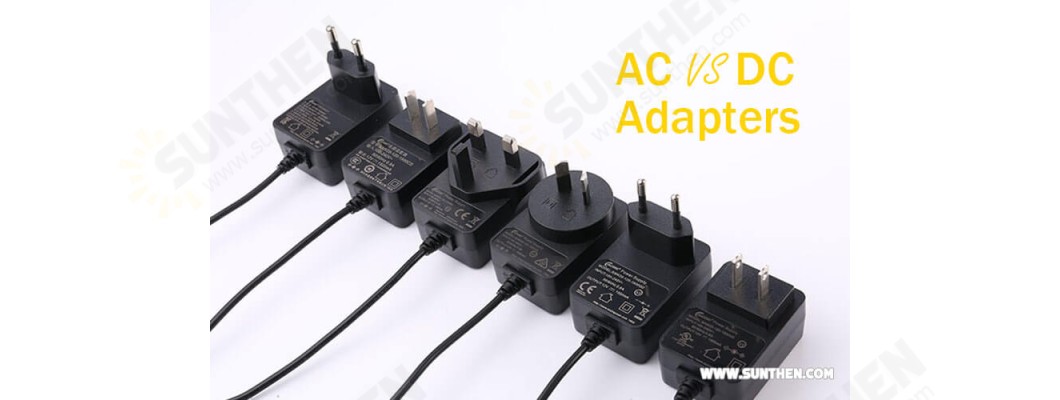
When it comes to powering your electronic devices, there are two types of adapters that are commonly used: AC (alternating current) adapters and DC (direct current) adapters. Each type has its own pros and cons, and choosing the right one for your device can make a big difference in terms of performance, safety, and cost.
In this article, we will explore the advantages and disadvantages of both AC and DC adapters and help you determine which is right for your device.
Pros and Cons of AC Adapters
AC adapters are the most commonly used type of adapter and can be found in a wide range of electronic devices. Here are the pros and cons of AC adapters:
Pros:
Widely available: AC adapters are readily available from a variety of manufacturers and retailers, making them easy to find and purchase.
Cost-effective: AC adapters are generally less expensive than DC adapters, making them an attractive option for many consumers.
Safe and stable: AC power is considered to be safer and more stable than DC power, which makes it a good choice for devices that require a steady and reliable source of power.
Cons:
Bulky and heavy: AC adapters tend to be bulkier and heavier than DC adapters, which can make them less portable and harder to use in certain situations.
Limited range of voltage: AC adapters typically have a limited range of voltage, which means they may not be suitable for devices that require a specific voltage range.
Prone to electrical interference: AC power is more susceptible to electrical interference than DC power, which can lead to problems with device performance or safety.
Pros and Cons of DC Adapters
DC adapters are less common than AC adapters, but they have their own advantages and disadvantages. Here are the pros and cons of DC adapters:
Pros:
Smaller and lighter: DC adapters are generally smaller and lighter than AC adapters, which makes them more portable and easier to use in a variety of situations.
More efficient: DC power is generally more efficient than AC power, which means that devices powered by DC adapters may use less energy and run more smoothly.
Greater range of voltage: DC adapters typically have a greater range of voltage than AC adapters, which makes them more suitable for devices with specific voltage requirements.
Cons:
More expensive: DC adapters are generally more expensive than AC adapters, which can make them less attractive to consumers on a tight budget.
Less stable: DC power is less stable than AC power, which can lead to problems with device performance or safety if the power supply is not properly regulated.
Potential for electrical noise: DC power can produce electrical noise, which can interfere with the performance of certain devices or cause safety issues.
Which is Right for Your Device?
When deciding which type of adapter to use for your device, there are a few factors to consider:
Power needs: Consider the power requirements of your device to determine which type of adapter will provide the right voltage and current for optimal performance.
Portability: Consider how and where you will be using your device to determine whether a bulky AC adapter or a smaller DC adapter is more suitable.
Cost: Consider your budget when choosing between AC and DC adapters, as the cost difference can be significant.
Environment: Consider the environment in which your device will be used to determine whether a stable AC adapter or a more efficient DC adapter is a better choice.
Conclusion
So both AC and DC adapters have their own pros and cons, and the right choice depends on your specific device and usage requirements. AC adapters are a good choice for devices that require a steady and reliable source of power, while DC adapters are more suitable for portable devices that require a greater range of voltage and current.
When choosing between AC and DC adapters, it's important to carefully consider the power needs of your device, as well as its portability, cost, and the environment in which it will be used. By making an informed decision, you can ensure that your device runs smoothly and safely and that you get the most out of your investment.
In summary, when it comes to AC and DC adapters, there is no one-size-fits-all solution. Both types have their own strengths and weaknesses, and the right choice depends on your individual needs and usage requirements. By carefully weighing the pros and cons of each type, and considering the specific needs of your device, you can make an informed decision and ensure optimal performance and safety for your electronic device.



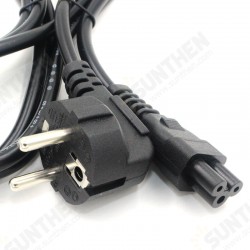
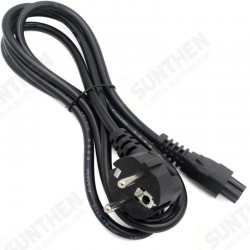
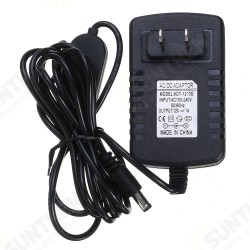
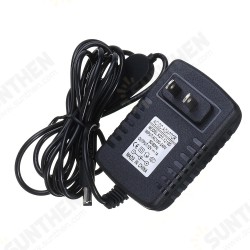
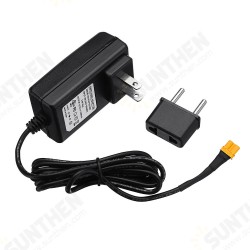
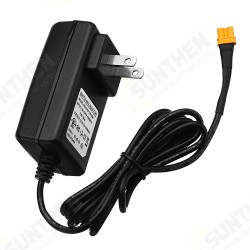
1 Comment(s)
I appreciate the way you wrote this. It made the topic easier to understand.
Leave a Comment